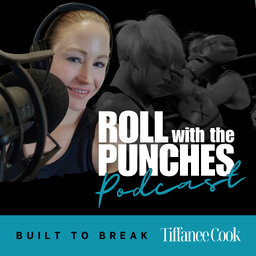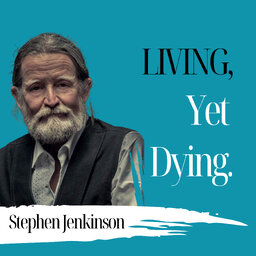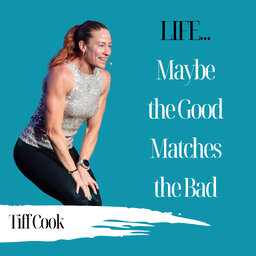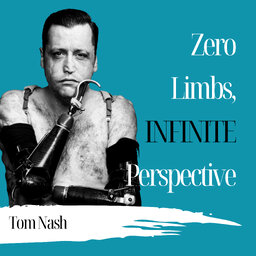Addiction, Redemption, and Surrendering to Win | Mick Hall - 860
Life throws punches, but few have weathered as many as Mick Hall. From a harrowing quest through addiction, homelessness, and hitting rock bottom to 24 years of sobriety and becoming a boxing champion, Mick's story is nothing short of extraordinary. Mick shares a brutally honest account of his life... the raw pain, grit, and ultimately, the triumph that defined his path. Diving into the depths of addiction, exploring its roots, the relentless fight for recovery, and the concept of 'surrendering to win.'
Mick’s experiences are the epitome of resilience, courage, and self-discovery... lessons forged through facing his darkest moments head-on. From his first steps into a boxing ring at 44 to battling demons in and outside the squared circle, Mick's journey is as inspiring as it is humbling.
TESTART FAMILY LAWYERS
Website: testartfamilylawyers.com.au
MICK HALL
Website: myhab.com.au
TIFFANEE COOK
Linktree: linktr.ee/rollwiththepunches/
Website: www.tiffcook.com
LinkedIn: linkedin.com/in/tiffaneecook/
Facebook: facebook.com/rollwiththepunchespodcast/
Instagram: instagram.com/rollwiththepunches_podcast/
Instagram: instagram.com/tiffaneeandco
 Roll With The Punches
Roll With The Punches


